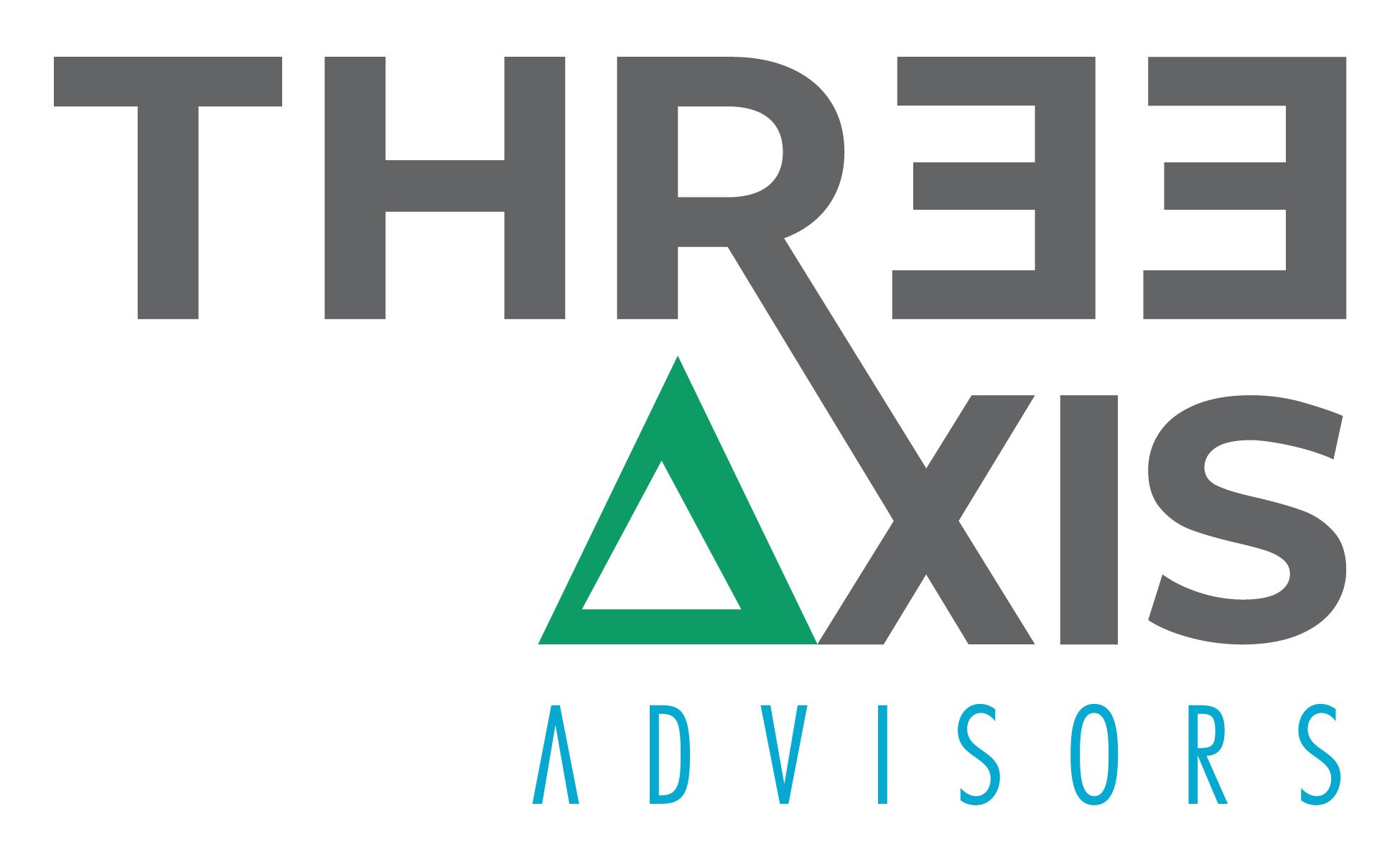The Medicare Drug Price Negotiation Program is a policy initiative introduced as part of the Inflation Reduction Act (IRA) of 2022, designed to reduce the cost of prescription medications within the Medicare program. This program grants Medicare the authority to directly negotiate prescription drug prices with drug manufacturers for a select number of high-cost drugs covered under Medicare Part D (outpatient drugs) and, later, Medicare Part B (physician-administered drugs). Initially, the focus of negotiation will be limited to brand-name drugs without generic or biosimilar competition. Medicare has already completed negotiation for the first ten medications whose price, known as the Maximum Fair Price (MFP), will take effect January 1st, 2026.
The Medicare Drug Price Negotiation Program is expected to have far-reaching effects on multiple stakeholders. For Medicare beneficiaries, the program aims to reduce costs by lowering net drug prices, ostensibly leading to decreased premiums and out-of-pocket expenses, and potentially improving access to essential medications. For drug manufacturers, the program could impact revenue by reducing profit margins on high-cost Medicare-covered drugs, particularly those without generic or biosimilar competition, while raising concerns about its potential effects on innovation and future investment in research and development. Pharmacies, meanwhile, may face operational challenges as the program alters reimbursement structures and introduces new settlement timelines, potentially creating cash flow complexities.
Cash flow is an important consideration for any business, reflecting the movement of money in and out of the organization and determining its ability to sustain operations, invest in growth, and meet financial obligations. A positive cash flow ensures that a business can pay its suppliers, employees, and creditors on time, while also providing the flexibility to respond to unexpected expenses or opportunities. Along with the ebbs and flows in typical marketplace conditions, many federal policies within recent years have altered pharmacy cash flows. Given the potential for the MFP to alter a large portion of pharmacy expenses and revenues, within this study, we developed a model to analyze the potential impact to pharmacies with the changes in reimbursement practices associated with the retrospective refund delineated under the Inflation Reduction Act.
Read More



















